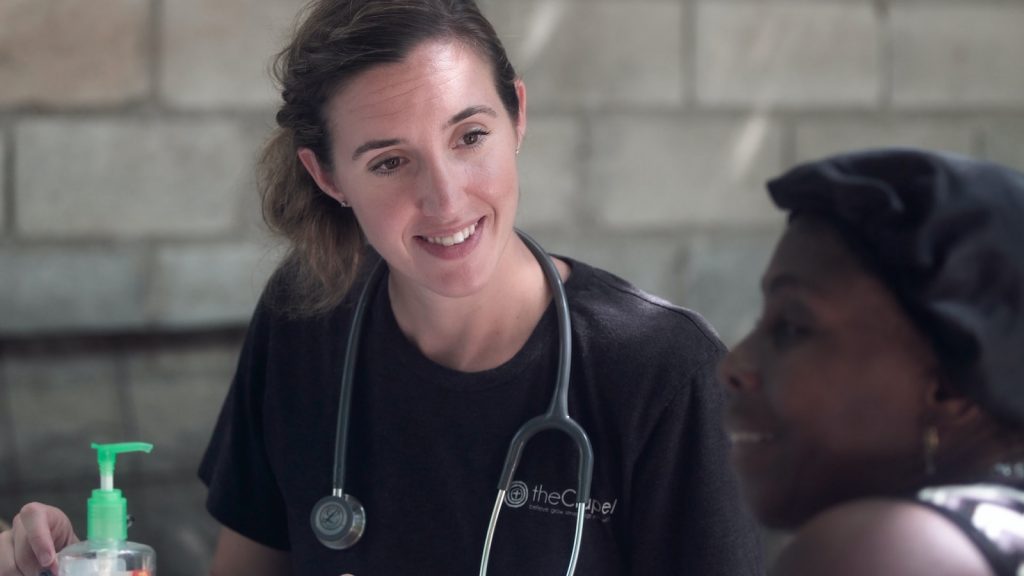Navigating college relationships can be a roller-coaster ride, filled with exhilarating highs, heart-wrenching lows, and unexpected twists and turns. It’s your first taste of adult life and the independence that comes with it. But alongside the exciting adventures of academic exploration and personal growth, college is also the time when you’re likely to encounter a whirlwind of new relationships. Let’s explore how to approach these relationships in a healthy way.
The Significance of College Relationships
Why are college relationships such a big deal? Well, these relationships often serve as your first meaningful experiences with emotional bonding, growth, and sometimes, heartbreak. They play a pivotal role in shaping your personality, your approach towards life, and even your future relationships.
Understanding Different Types of Relationships
College relationships aren’t just about dating. They encompass friendships, roommates, academic cohorts, and mentors, each holding its unique importance. Understanding the nature and potential of these different types of relationships can help you navigate them more effectively.
Friendships: The Extended Family
In college, friends become your extended family, your support system away from home. They share your highs, lows, and everything in between. Maintaining a healthy friendship circle contributes to your emotional well-being and creates lasting memories.
Roommates: Learning to Coexist
Living with roommates can be a challenging but rewarding experience. It’s all about learning to respect space, understanding different perspectives, and finding a common ground.
Academic Relationships: Collaborate and Grow
The relationships you build with your peers, professors, and academic advisors significantly impact your academic growth. It’s about fostering a sense of camaraderie, sharing knowledge, and growing together.
Romantic Relationships: The Game Changer
The potential of a romantic relationship in college can be both exciting and nerve-wracking. It’s a journey that requires maturity, understanding, and most importantly, clear communication.
Building Healthy Relationships
How can you build and maintain healthy relationships in college? It’s all about communication, respect, empathy, setting boundaries, and understanding.
Communication: The Key to Success
Effective communication forms the backbone of any relationship. It involves expressing your thoughts and feelings clearly and listening to others with empathy and understanding.
Respect and Empathy: The Pillars of Bonding
Respecting individuality and empathizing with others’ emotions go a long way in strengthening relationships. It’s about accepting differences and understanding others’ perspectives.
Setting Boundaries: The Path to Balanced Relationships
Setting boundaries is crucial for your mental and emotional well-being. It involves understanding your comfort zones and conveying them effectively to your peers.
Understanding: The Silent Connector
Understanding is the silent glue that binds any relationship. It’s about valuing others’ feelings, perspectives, and acknowledging their life experiences.
Navigating the Pitfalls
Every relationship faces challenges, but it’s how you overcome them that matters. Let’s delve into some common pitfalls and how to navigate them.
Overcoming Miscommunication
Miscommunication can lead to misunderstandings. The solution lies in active listening, open discussions, and honest feedback.
Dealing with Emotional Turbulence
Handling emotional turbulence can be tough, but it’s essential. It’s about recognizing your feelings, communicating them effectively, and seeking professional help when needed.
Balancing Academics and Relationships
Striking a balance between academics and relationships is often challenging. It’s about setting priorities, effective time management, and understanding that it’s okay to say no.
Conclusion
Navigating college relationships might seem daunting, but with the right approach, it can become a rewarding experience. Remember, every relationship you build in college contributes to your personal and emotional growth. So, respect individuality, communicate effectively, set boundaries, and most importantly, enjoy the journey.
Frequently Asked Questions
1. How can I make new friends in college?
Making friends in college involves being open to new experiences, joining clubs or activities you’re interested in, and taking the initiative to connect with peers.
2. How can I effectively communicate with my roommate?
Effective communication with your roommate involves expressing your needs and concerns honestly, listening to their point of view, and finding a compromise.
3. How can I balance academics and relationships in college?
Balancing academics and relationships involves setting clear priorities, managing your time effectively, and understanding it’s okay to say no.
4. How to handle breakups in college?
Handling breakups in college involves acknowledging your emotions, seeking support from friends or professionals, and focusing on self-care and personal growth.
5. How can I maintain long-distance friendships while in college?
Maintaining long-distance friendships in college involves regular communication, scheduling virtual meetups, and showing your appreciation for the relationship.
References
- “5 Tips to Balance Relationships and Studies in College.” (2018, September 19). The College Juice
- “Healthy Relationships in College.” (2019, April 25). CampusWell
- “How To Make Friends In College: A Comprehensive Guide.” (2021, January 18). Societal
- “How to Communicate with Your College Roommate.” (2020, July 10). U.S. News
- “Tips for Building Healthy Relationships in College.” (2020, August 15). The Princeton Review




